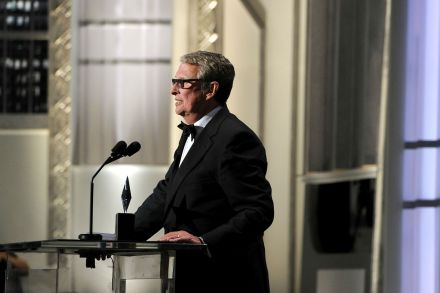A Most Violent Year, review: mesmerising performances – and coats
A Most Violent Year is a riveting drama even though I can’t tell you what it’s about, or even what it actually is. (What’s new?) Set in New York City in 1981, against the improbable background that is the heating oil business (it’s sexier than you’d think), this isn’t quite a gangster film and it isn’t quite a thriller and it isn’t quite a morality play and it isn’t quite an exploration of the American Dream and it isn’t one of those parables about the evils of capitalism either. This is discombobulating, initially. We are used to the familiarity of well-defined genres. ‘Where is this going?’ you will keep asking



















